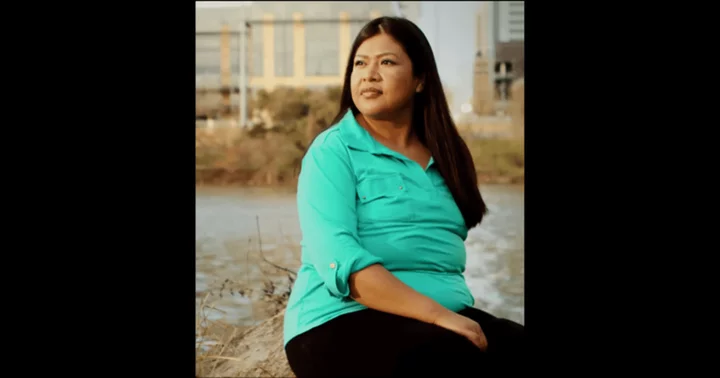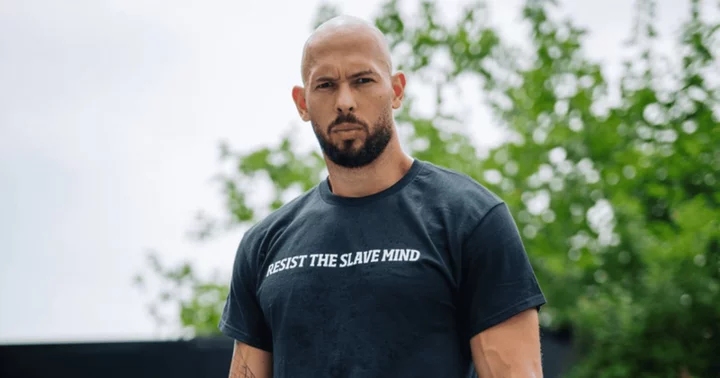TEXAS, UNITED STATES: Rosa Jimenez, a Texas resident who was wrongfully imprisoned for nearly two decades for allegedly suffocating an infant with paper towels, was finally fully exonerated Monday, August 7. The culmination of her struggle came when a local prosecutor's motion to dismiss the charges was granted by a court.
The 2005 conviction that led to her incarceration was based on erroneous medical evidence and testimony. Travis County District Attorney Jose Garza argued in court that the conviction was based on false information, making justice unattainable.
‘Our criminal justice system failed’
District Attorney Garza emphasized, "It is clear that false medical testimony was used to obtain her conviction and without that testimony under the law... Dismissing the Jimenez case is the right thing to do." The acknowledgment of the injustice, coupled with the acknowledgment of the flawed legal process, underscores the significance of correcting the grave error. He continued, reflecting on the case's broader implications: "In this case, our criminal justice system failed... It also failed Rosa Jimenez."
Rosa Jimenez had been released from prison in 2021 after years of advocating for her innocence. The turning point in her ordeal came earlier this year when the Texas Court of Criminal Appeals overturned her conviction, marking a significant step toward rectifying the unjust circumstances that had deprived her of her freedom for an extended period.
‘It's a new life' for Rosa
"I feel grateful," expressed Ms. Rosa Jimenez during a news conference that followed the ultimate dismissal of her indictment. Her emotions encapsulated her journey from wrongful conviction to vindication, and she continued, "Grateful for everybody that supported me, everybody that believed in me. It's a new life".
The harrowing ordeal began in 2003 when Rosa Jimenez, a Texas mother, was unjustly convicted of the murder of 21-month-old Bryan Gutierrez, a child she had been babysitting. From the outset, Ms. Jimenez staunchly maintained her innocence, a stance that persisted throughout her arduous legal battle.
Social media and committee for rectifying wrongful convictions
During the time of her arrest, Rosa Jimenez faced the challenge of limited English proficiency, and the interrogation process was conducted by an officer with limited command of Spanish. This language barrier compounded the difficulties she faced. An Instagram account under the name 'freerosajimenez' has put forth the experiences she had faced after the wrongful allegations.
The trial relied on now-disproven evidence, specifically the claim that an infant could not ingest a mass of paper towel. In 2018, a federal appeals court determined that Ms. Jimenez's legal representation was inadequate, denying her fundamental constitutional rights during the proceedings.
The involvement of The Innocence Project, an advocacy organization committed to rectifying wrongful convictions, played a pivotal role in supporting Ms. Jimenez's legal fight for exoneration. The combination of false evidence, language barriers, and ineffective legal counsel cast a shadow over her initial conviction, highlighting the critical need for safeguards and the pursuit of justice.









